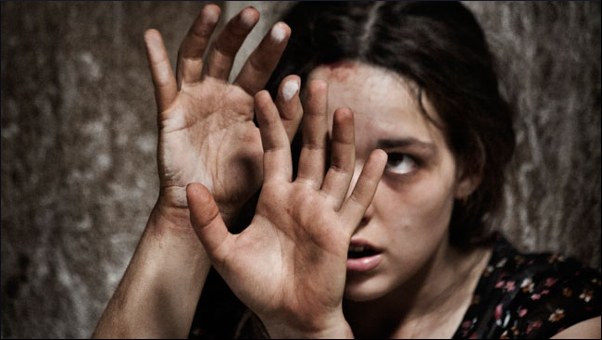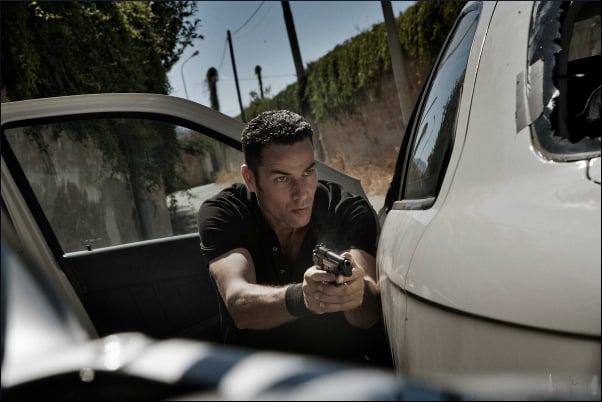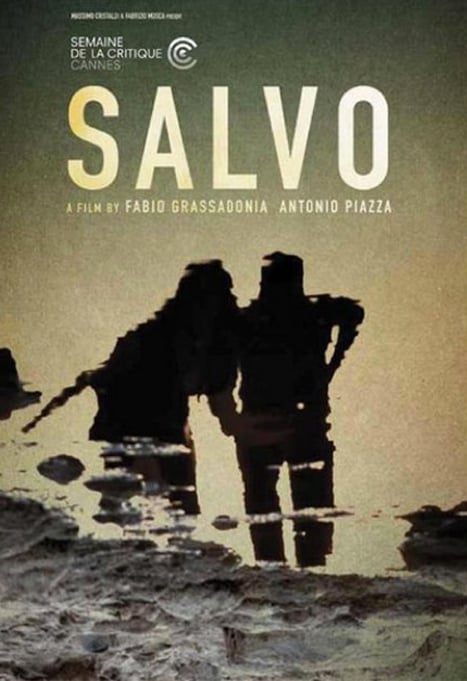The typical Mafia movie has roughly two configurations: the epic and tragic style, which translates so well in Hollywood and which made the genre famous; and the small-scale, naturalist, gritty style, which zooms in on the ugliness of its subject matter (Garrone’s Gomorrah is one of the latest examples). Very rarely do filmmakers stray from these two templates, possibly because the Mafia element is too strong to be anything but front and center. Fabio Grassadonia’s and Antonio Piazza’s impressive debut Salvo, which made waves in Cannes last year, is a welcome exception.
"A moody, sensory exploration of melodrama, in which the familiar beats of the Mafia genre serve only as distant reminders."
It is a Mafia flick about a Sicilian hit-man who leaves key witnesses alive after an assassination and gets into all sorts of trouble with his bosses. It is really something else: a moody, sensory exploration of melodrama, in which the familiar beats of the Mafia genre serve only as distant reminders. The focus is squarely on the non-verbal interaction between Salvo, the protagonist, and Rita, the blind girl he finds on his path. The first two scenes introduce both of them and are truly stunning, a triumph of swift camerawork and ingenious sound design.

As Salvo and Rita circle each other in a prolonged dance that eschews words in favor of physicality, the linguistic work is left to the secondary characters. Luigi Lo Cascio, the most famous Sicilian actor in contemporary Italian cinema, shows up in a glorified cameo as Salvo’s humble yet quietly amusing landlord. His Sicilian cadence is noticeable but gentle, as he mostly makes small talk at home and bubbles domestic excuses at his wife: “Il condizionatore… s’ruppeu” (The air conditioner… it’s broken). Salvo’s boss, on the other hand, has the gravitas of an old-time gangster survivor. Leave it to veteran actor Mario Pupella to deliver such classic Sicilian expressions as, “Accussì ni riducemmu, comu i sorci” (This is what it’s come down to, we are rats), as well as Yoda-like sentence constructions, with the verbs typically placed at the end of sentences: “I morti digiunano, e noi vivi siamo” (The dead starve, alive we are).
Beyond the colorful dialect, foreign viewers will be treated to an atypical depiction of the city of Palermo, shunning realism and favoring instead an alienating and atemporal mixture of empty alleys, dark interiors, and slivers of desert seemingly ripped from a spaghetti western movie. The emphasis on sound also produces a musical motif that runs throughout the story. Salvo and Rita’s first meeting is scored to “Arriverà,” a piece of Italian pop by Emma Marrone, who emerged from a sort of Italian version of The X-Factor and rose up to the Sanremo Music Festival. In other words, she is the epitome of the mainstream zeitgeist, and her song is reinvented here as a powerful cue for the complex, tender, and sometimes violent relationship between two unlikely protagonists.





